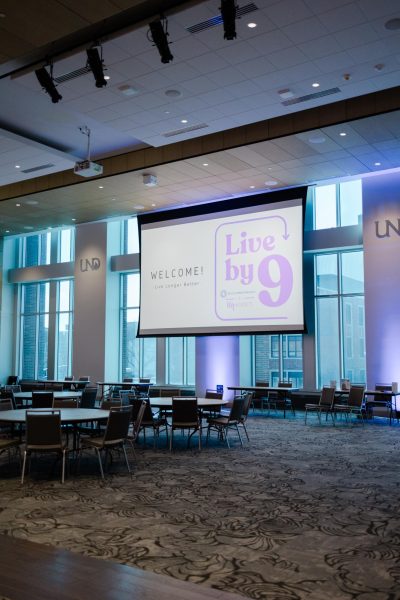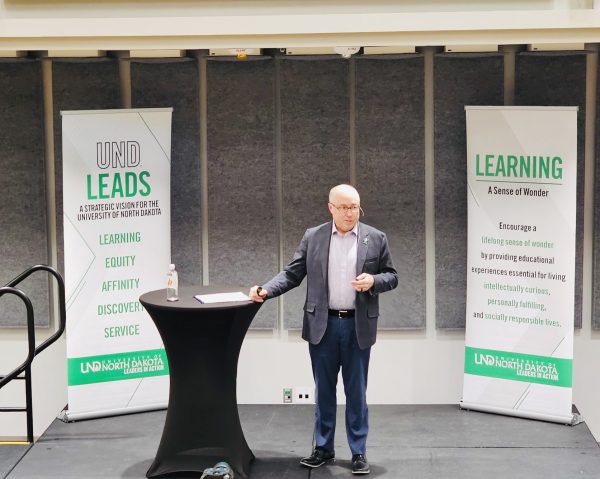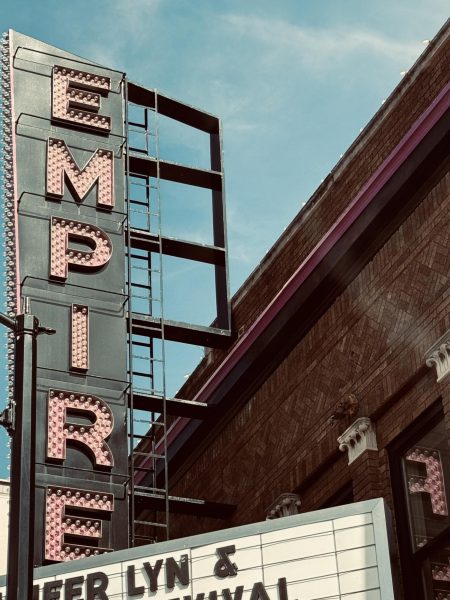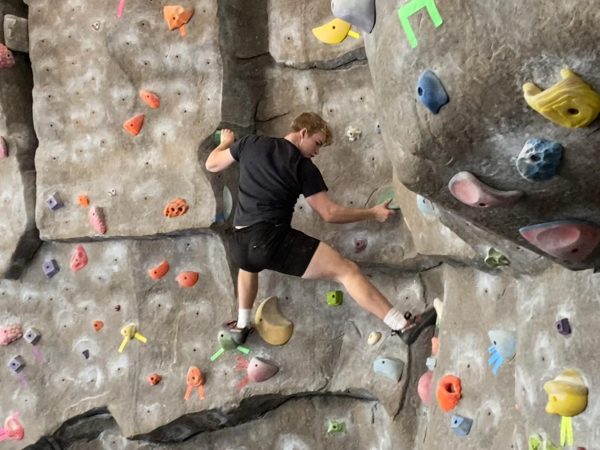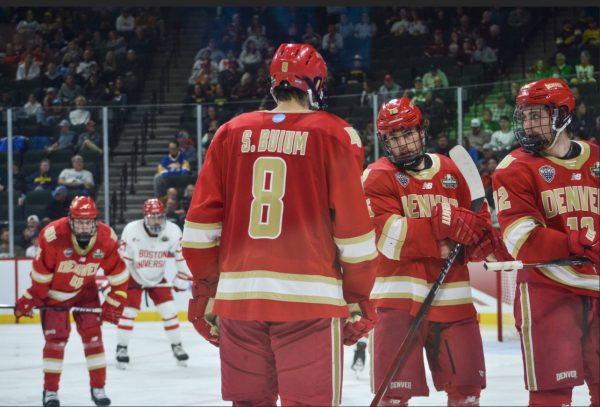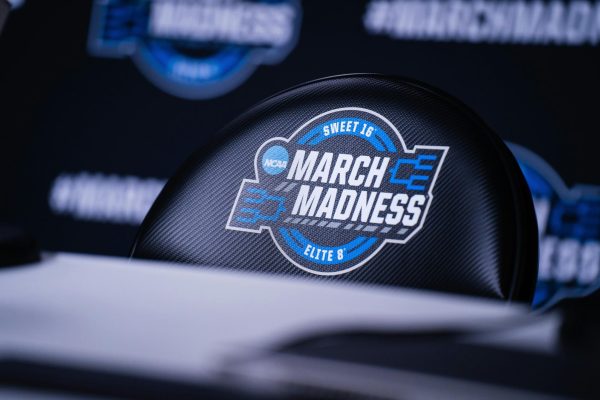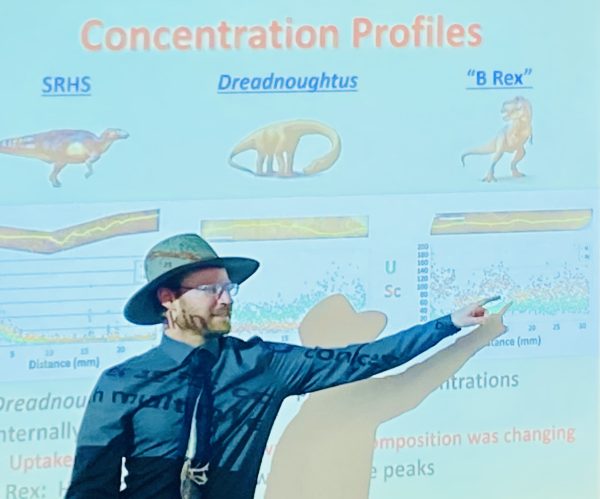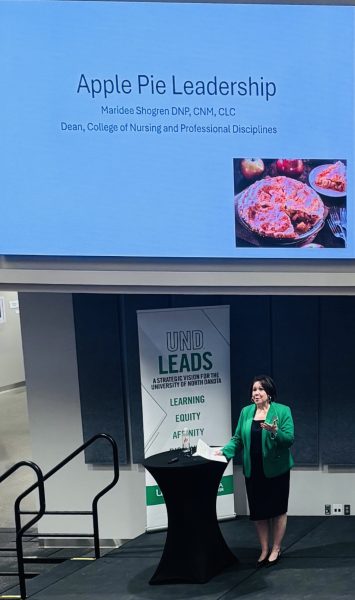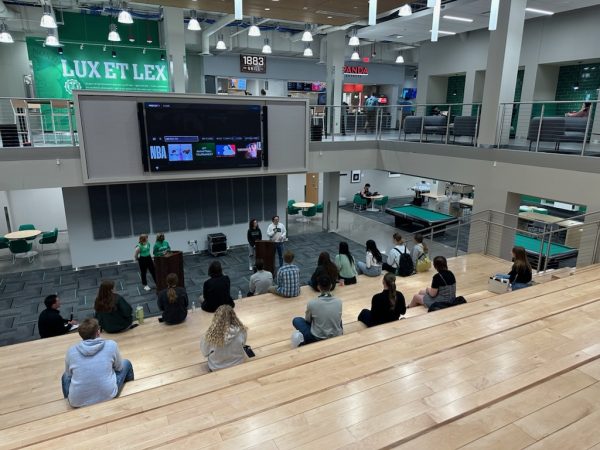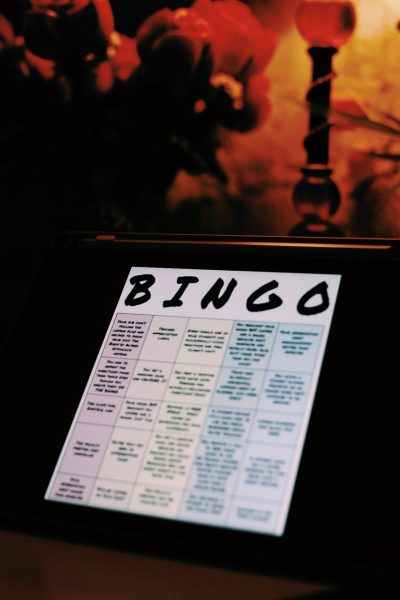Jobs: Kutcher delivers
It’s not like we didn’t see it coming.
As soon as Steve Jobs passed away in the fall of 2011, I’m sure every screenwriter in Los Angeles quit their part-time busing jobs to pour all their energy into writing what they hoped would be that perfect Jobs biopic.
In January this year, the first big-budget Jobs film, simply named “Jobs,” was finally released at the Sundance Film Festival (and all the screenwriters whose movies were beat to the big screen subsequently crumpled up their scripts and threw their MacBooks in the trash).
So the movie’s appearance was no surprise, but many were took off guard by the choice of the film’s lead actor, Ashton Kutcher.
And, after seeing his performance, many are still dumbfounded at how well he did.
Having started his career with movies like “Dude, Where’s My Car?” and television shows like “That 70s Show,” which, for a sitcom, I will admit is fantastic, Kutcher moves into less-familiar territory by tackling such a serious role. But instead of suffering in a dramatic role because of his comedic celebrity persona (and pulling a Will Ferrell in “Everything Must Go”), Kutcher was able to distance himself from his character on screen to create something truly genuine.
The film began with “the walk” — the famous shoulder-slumped, head-bent, fingers-entwined walk of Steve Jobs. And Kutcher nailed it. With the first frame of the film, an almost eerie resemblance between the actor and the tech giant was established that persisted until the closing credits, artfully capturing Jobs at many distanced points throughout his life.
Where “Jobs” differs from many biography films is in its currentness. I believe the myth of Steve Jobs is too strong for the masses to be convinced that he wasn’t exactly who they think he was.
For instance, when the Johnny Cash biopic “Walk the Line” was released in 2005, modern audiences — especially the younger generation — were far enough removed from the original Johnny Cash that anything that appeared in the film was like to have more of an impact on viewers’ understanding and beliefs about the musician.
But everything that Jobs was a part of -— the iMac, the iPhone, and Pixar (yes, the man also founded Pixar, incase you didn’t know) — is already so prevalent that I wouldn’t think that a few details in the film would affect too many viewers’ opinions on the man.
A few of those details, however, did come as a surprise to me, a casual Jobs lover and ardent iPhone owner. I did know about his use of LCD in college and his trips to India — both of which actually played a huge role in turning him into the genius world-changer that he was.
I also knew that he began his company in his parents’ garage — though I was impressed when I found out later that the house used in the film was Jobs’ actual childhood home.
Since practically every college-aged young adult in America had already consumed so much of the Jobs legend before the movie was released, many moments in the film — all important happenings in Jobs’ life — teetered on the brink of campy Easter egg references.
I mean, who hadn’t known that Steve Jobs first gained his passion for textual fonts by sitting in on a calligraphy class in college? So when Kutcher’s character walked past a girl practicing calligraphy in the quad, the audience shared a communal “Look, that’s where he learns about calligraphy!” moment.
The expectancy of some of these moments did not, however, deter the film. If anything, they let the young, Internet-raised audiences who thrive on cultural references share similar moments in a more public way. In simpler words, we all shared in a film-based meme while in a movie theater instead of, say, in front of our Facebook feeds on tablet screens.
Like an adaptation of a good book, “Jobs” just didn’t have the time to fully delve into Jobs’ life. (Pixar wasn’t even mentioned once.) But with solid lead acting from Kutcher, this Jobs film earned the success it has received, and I’m glad it was the first (but perhaps not last) movie about Steve Jobs to reach the River Cinema 15.
Will Beaton is the features editor of The Dakota Student. He can be reached at [email protected]


